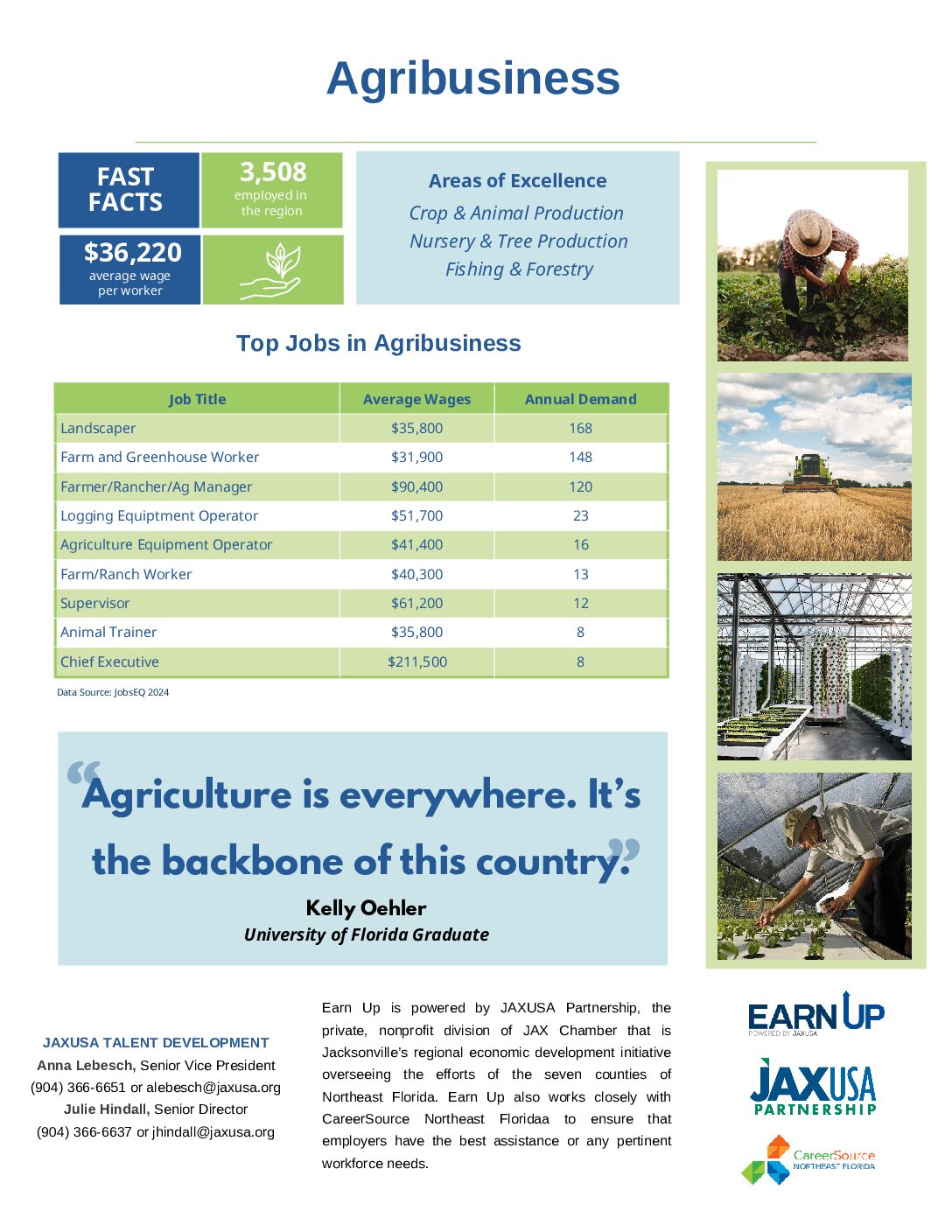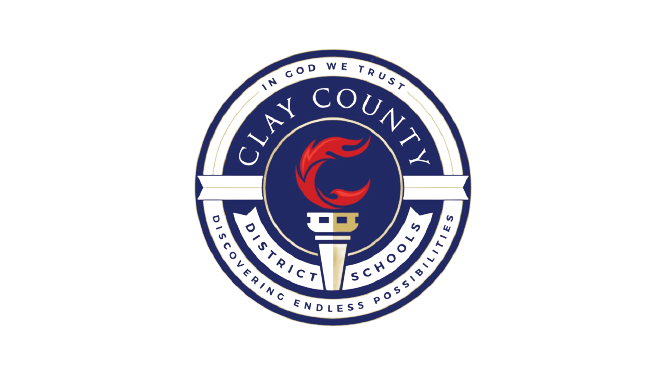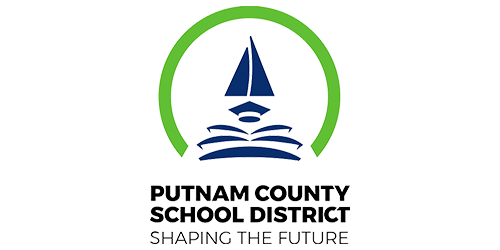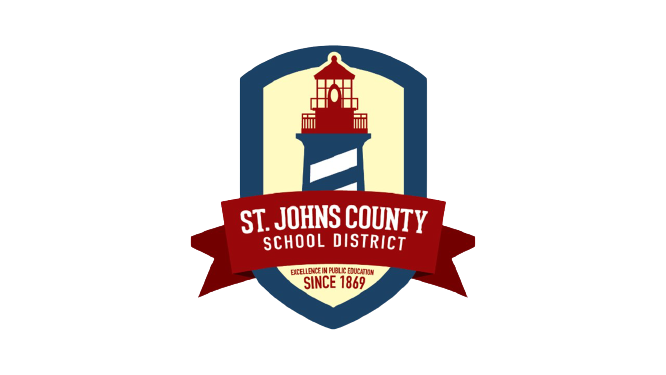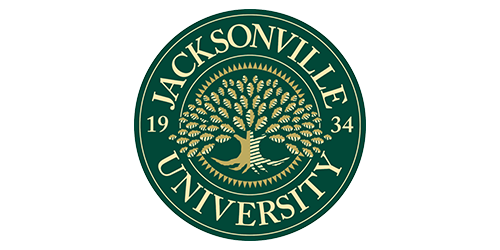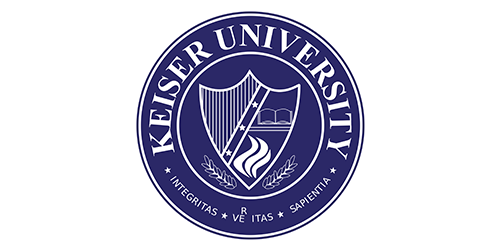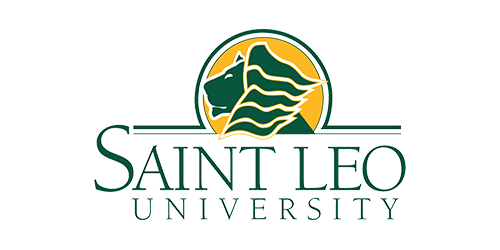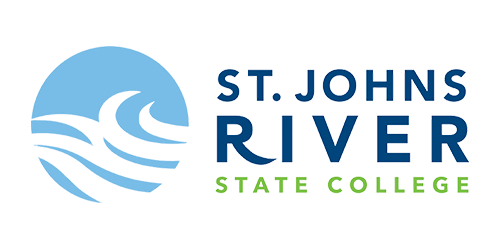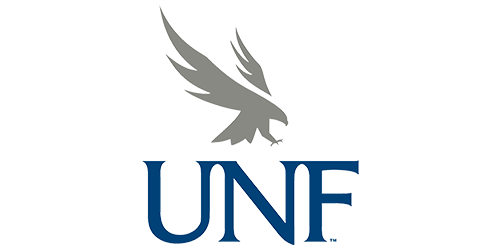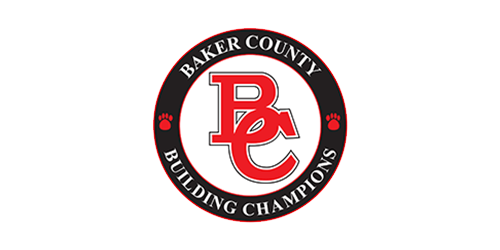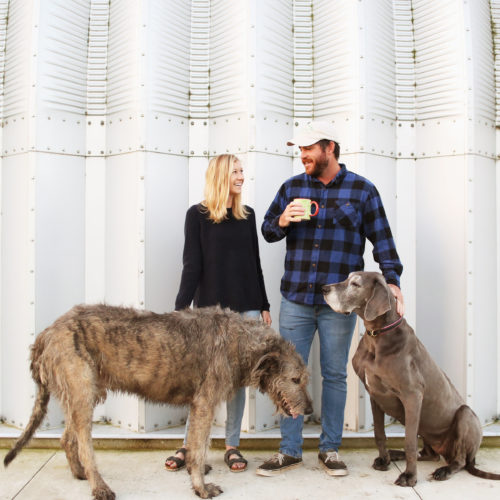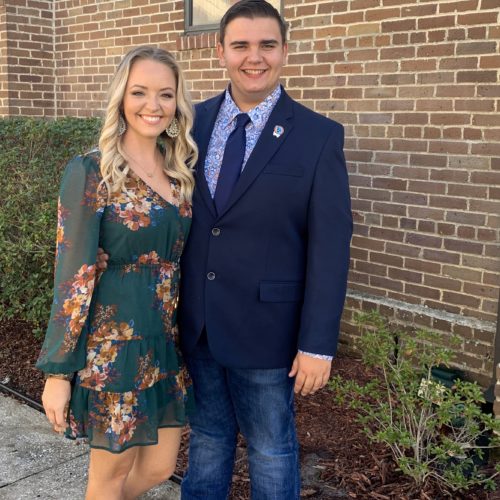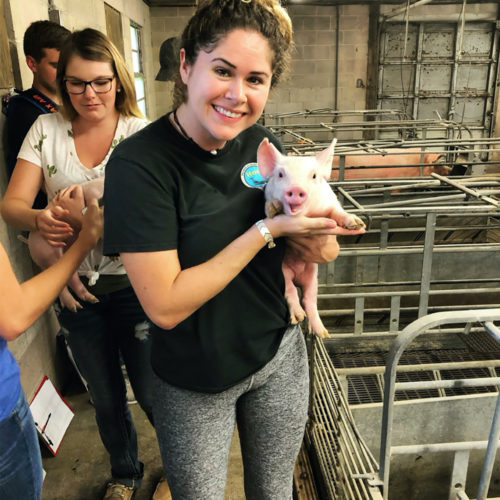“We just sort of fell into it,” says Lindsay Meyer, owner and Creative Director of Congaree and Penn. An agriculture and culinary operation since 2014, Congaree and Penn offers the Jacksonville community with a diverse number of activities that engage different age groups and keep this family-run enterprise thriving.
Lindsay and her husband Scott met in college at Texas Christian University in Fort Worth, Texas. Lindsay studied Marketing and Design. Scott, a Jacksonville native, pursued Environmental Science. They later lived in south Florida while Scott pursued a master’s degree in Aquaculture. Initially, he considered starting up a fish farm on his father’s property. He and Lindsay began building rice paddies and milling in their shed, literally “testing the waters” for the components needed in fish farming.
Scott’s father owned the farm, now Congaree and Penn, a 330-acre property which served as a tree farm. Rather than using the land for fish farming, they pivoted, choosing to grow rice to supply various restaurants as well as their own. The farm now houses a unique mix of muscadine, mayhaw, and olive orchards, tree nurseries, a southern farm-to-table inspired restaurant, and their goats, chickens, ducks, guinea fowl and horses. Tours, blackberry and muscadine picking, community events, a retail operation and landscaping service round out their business model and brand.
While growth has been steady in the last six years, future plans include building the brand to offer a variety of personal agri-tourism experiences to interact with the property, the animals, and the food. Plans for pressing the Arbequina Olives that are produced on the farm would also require expanded capacity. Lindsay indicates that the community has supported Congaree and Penn as they’ve grown and evolved, which mirrors the evolution of her own career.
Lindsay shares that farming was not her intended career pathway. Although she grew up on a farm in New Mexico that produced green chilis, pecans, and cotton, she originally pictured herself working in a large design firm. However, farm life suits her. She enjoys feeding her menagerie of pets, riding horses, and spending time on their beautiful property. She and her husband also live on the property, a lovely way to work from home.
However, it’s not all beautiful sunsets and rows of impeccable crops. Farm life is hard work and requires its owners to wear a variety of hats. Diversity of skills needed on the farm truly represent modern agriculture. For example, designing a brand, logo, and website, responding to all communications, event planning, and managing a restaurant staff all fall within Lindsay’s self-created job description. She gets her hands dirty during the day-to-day operation along with their 30 employees. “You have to be weather-tolerant and be comfortable being outside. Weather isn’t always easy,” Lindsay says.
An easy hospitality is part of the brand. Congaree and Penn has a boutique feel and offers an intimate experience, but its reach continues to expand due to hard work. For example, their small batch Pecan Oil won both a Good Food Award and a Garden & Gun Made in the South Runner-Up Award. Sustainable farming allows Lindsay and Scott to innovate, grow and change as the consumer market and community interests change. Having a diverse number of products, goods, and services also allows them to weather any economic changes.
With a name inspired by family history, it’s only natural that the farm’s philosophy is encapsulated in Lindsay’s statement, “We want everyone to feel special.”


